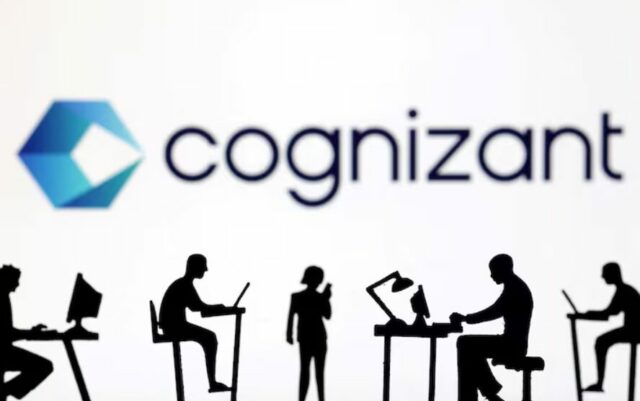Information technology services provider Cognizant Technologies said on Monday it has agreed to acquire digital engineering firm Belcan for nearly $1.3 billion in cash and stock.
The deal would expand Teaneck, New Jersey-based Cognizant’s footprint in the aerospace, defense, space and automotive sectors. Cincinnati-based Belcan, which has been owned by private equity firm AE Industrial Partners since 2015, employs 10,000 people across 60 locations globally.
Some of its clients include Boeing, General Motors, Rolls-Royce, the U.S. National Aeronautics And Space Agency (NASA) and the U.S. Navy.
“I’m excited about the fact that Belcan operates in a sector (aerospace and defense) which is actually growing faster than the sector we are operating in, which is IT services. So, it gives us an opportunity to evolve on that growth,” Cognizant CEO Ravi Kumar said in an interview with Reuters.
“The capabilities that Belcan has – which is engineering, and which is in aerospace – can actually be cross-pollinated into the Cognizant strength area, which is primarily industrial manufacturing and automotive. So, it’s a cross-pollination of services on both sides and the leverage of distribution networks on both sides,” Kumar added. ” … That’s the synergy we see.”
The acquisition will significantly expand Cognizant’s ER&D capabilities, building upon the company’s leadership in the Internet of Things (IoT) and Digital Engineering Practice Areas. Combining with Belcan will add scale and enable Cognizant to establish a leadership position in the high-growth aerospace and defense industry with a blue chip client base.
Cognizant said that as part of the deal, Belcan would continue to be led by its CEO Lance Kwasniewski and operate as a unit of Cognizant.
Cognizant, which has a market value of $33 billion, is looking to strengthen its offerings in specialized areas as it braces for a slowdown in spending from clients. It has cut its annual revenue forecast in the range of $18.9 billion to $19.7 billion, below prior expectations of $19.0 billion to $19.8 billion.
Thirty eight years in journalism, widely travelled, history buff with a preference for Old Monk Rum. Current interest/focus spans China, Technology and Trade. Recent reads: Steven Colls Directorate S and Alexander Frater's Chasing the Monsoon. Netflix/Prime video junkie. Loves animal videos on Facebook. Reluctant tweeter.





